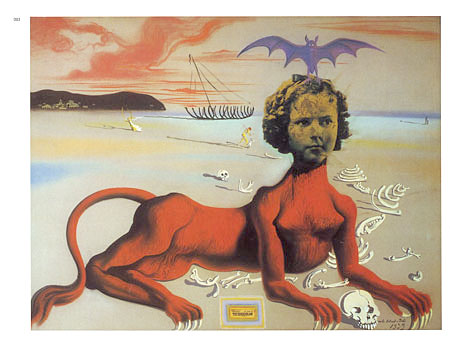Bill "Bojangles" Robinson
66 years ago today, the great entertainer Bill Robinson died at the age of 71, after breaking down innumerable barriers, and inspiring us all to dance. Born in Richmond, VA, May 25, 1878, Robinson began his dancing career at the age of five, dancing in beer gardens. At nine, Robinson was hired in a touring troupe to act in minstrel shows, which led him to perform in vaudeville acts and nightclub shows. He also worked as a jockey at the racetrack, but found dancing to be more lucrative than horses. Robinson took a break from performing to serve as a drummer in the Spanish American War. A legend about the dancer claims he also served in the trenches during World War I, but he would have been 40 at the time and this claim remains unsubstantiated. He did, however, put on free shows for thousands of troops before they shipped out to fight during the latter war; receiving a commendation in 1918 from the War Department.
Robinson's talent got him noticed by many, and after working steadily for years, and finally at age 50, he made his Broadway debut. In 1928, Robinson starred in the first African American Broadway show, "Blackbirds of 1928." He then went on to make his film debut in 1930, in a movie called "Dixiana." He then starred in "Harlem is Heaven"--the first movie with an all African American cast ever made. In 1935, the first of his four movies partnering him with Shirley Temple came out; "The Little Colonel." This movie marked the first time an interracial dance team appeared on screen, and Robinson formed a close friendship with his young partner. His last film was "Stormy Weather," a musical based loosely on Robinson's life, and also starring Lena Horne. Robinson's protagonist was a dancer returning home from World War I to pursue a career performing; likely one of the sources of the myth that Robinson did in fact serve in said war.
1941 Portrait by Carl Van Vechten. Library of Congress.
During his lifetime, Bill Robinson faced a lot of criticism that he played into white stereotypes of African Americans. While Robinson was forced to accept the roles provided for black actors in his time, he fought hard against these stereotypes off the stage and screen--convincing Dallas police department to hire its first African American policemen, lobbying FDR during World War II for more equitable treatment of African American soldiers, and co-founding the New York Black Yankees team in Harlem. Known for his generosity, Robinson performed for free in over 400 benefit shows, and gave away much of his fortune; dying penniless, Ed Sullivan paid for Robinson's funeral. His generosity often extended to his fellow performers, including teaching actors Sammy Davis Jr. and Ann Miller to dance. In 1989, the US Senate declared Robinson's birthday, May 25th, to be National Tap Dance Day.




